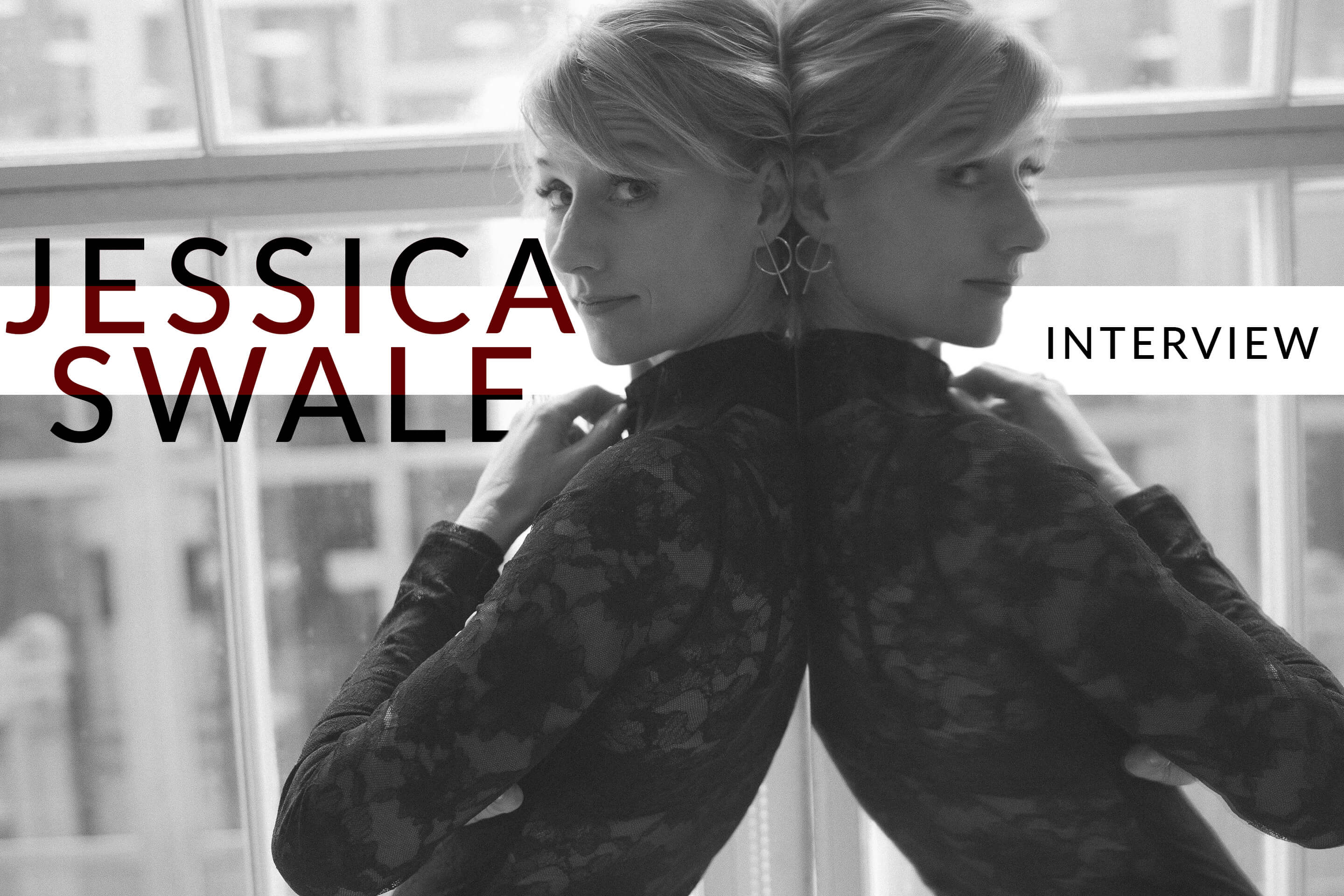Director and Writer Jessica Swale is a volcano of ideas and projects, and we can’t but try to keep up so not lose any of them, last year her short-film “Leading Lady Parts” came in like an earthquake and made us laugh in disbelief for what we were seeing on the screen, especially when finding out that what we saw was a true representation of what many women of the industry have experienced.
We met Jessica in London, where she told us about her upcoming first feature “Summerland” starring Gemma Arterton, adapting her now play “Nell Gwynn” for the big screen and the magical way of how characters come to life in her mind through her pen (or typewriter, maybe?).
Read on to find out more about her writing and directing process, her view on how the world of cinema is changing for the better, finally, and some more curiosities, like one of her favorite writers and the best place to escape from the noise of the world.
Where to start? Which came first, writing or directing?
_____
I was a director for ten years before I wrote my first play, but I believe that, in my heart, I’ve always been a storyteller and when I think back now about growing up and the number of times I was creating stories to keep me occupied, I think I was probably a writer at the very beginning. Although, thankfully I didn’t share those stories with too many people.
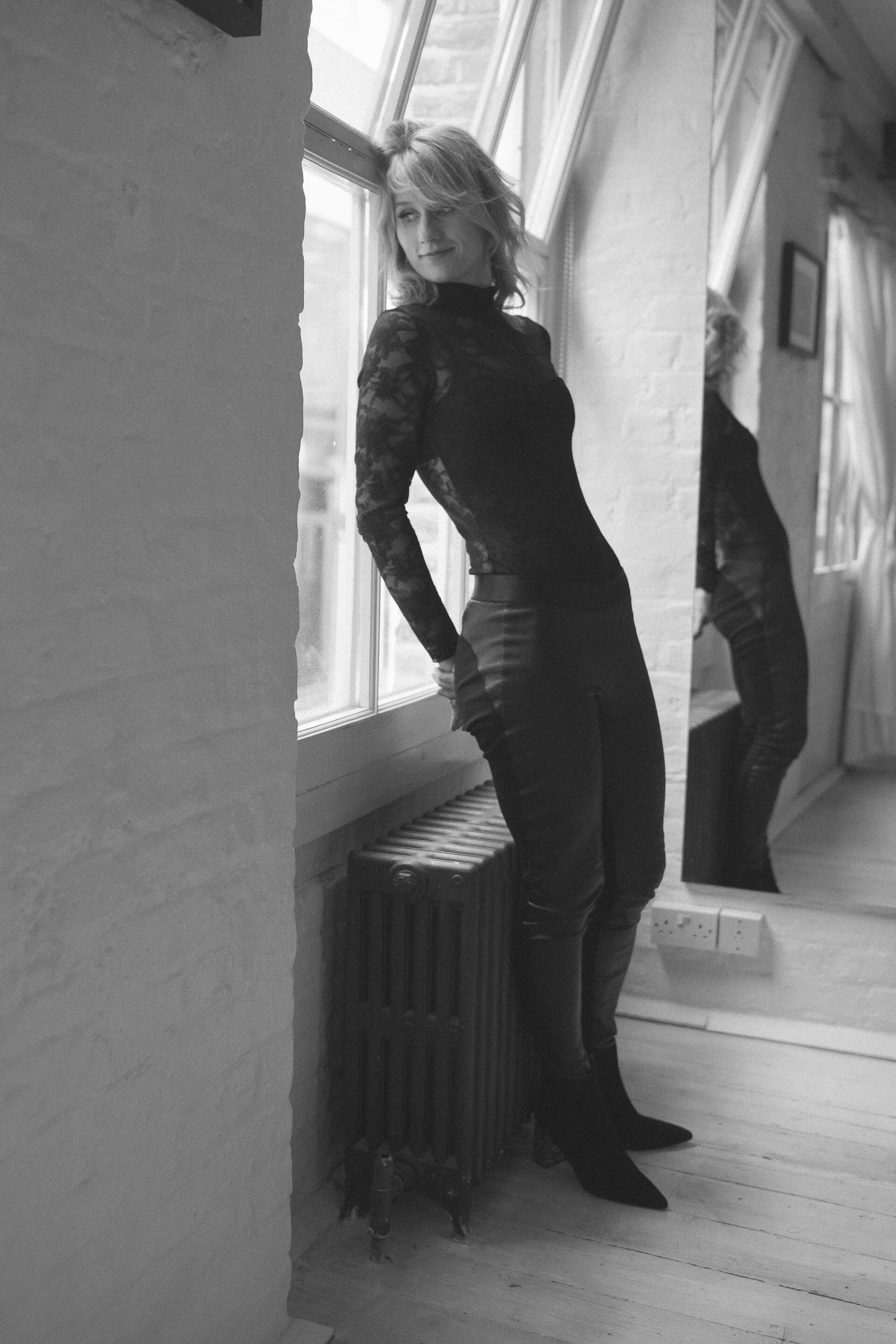
What does “theatre” mean to you?
_____
I think theatre is about sharing something in one moment that you can never recreate ever again. It’s interesting for me working in film and theatre: I love film because of the detail that you can work in and, as a director, the control you have over telling a story and how you can frame it and put it together, so I feel like film, for me, fulfills something more as an artist, but what you don’t get in film is the live moment where everybody is in one room together witnessing one act, and there’s something really magical about the fact that you know that will never ever happen again and the next night it will be different, and the liveness of theater is really exciting.
We feel that the love for the stage we have seen in England is more profound than in Italy, for example. How do you think the UK was able to maintain such a strong connection with the stage over the years?
_____
I think having Shakespeare as our biggest national hero means that we grow up putting plays on a pedestal from when we’re at school. In Russia, it’s the story and in America, it’s the movies, so you have loads of kids growing up really savvy with moviemaking because all the big cultural heroes in America are movie stars and in Russia, you have Tolstoy and amazing writers that you sort of live and breathe. I think there’s a lot that seeps into you when you’re young and yet, in England, we go to primary school and we meet Shakespeare straight away and then a lot of people see theatre as something which is part of our national heritage. Although, I think some of our best theatre comes from an Italian tradition, because in the 1600s and the 1700s “Commedia dell’Arte” had a huge influence on everything here. We stole all your ideas, we kind of pretend they were our ideas, sorry… [laughs] But you did it first and better.
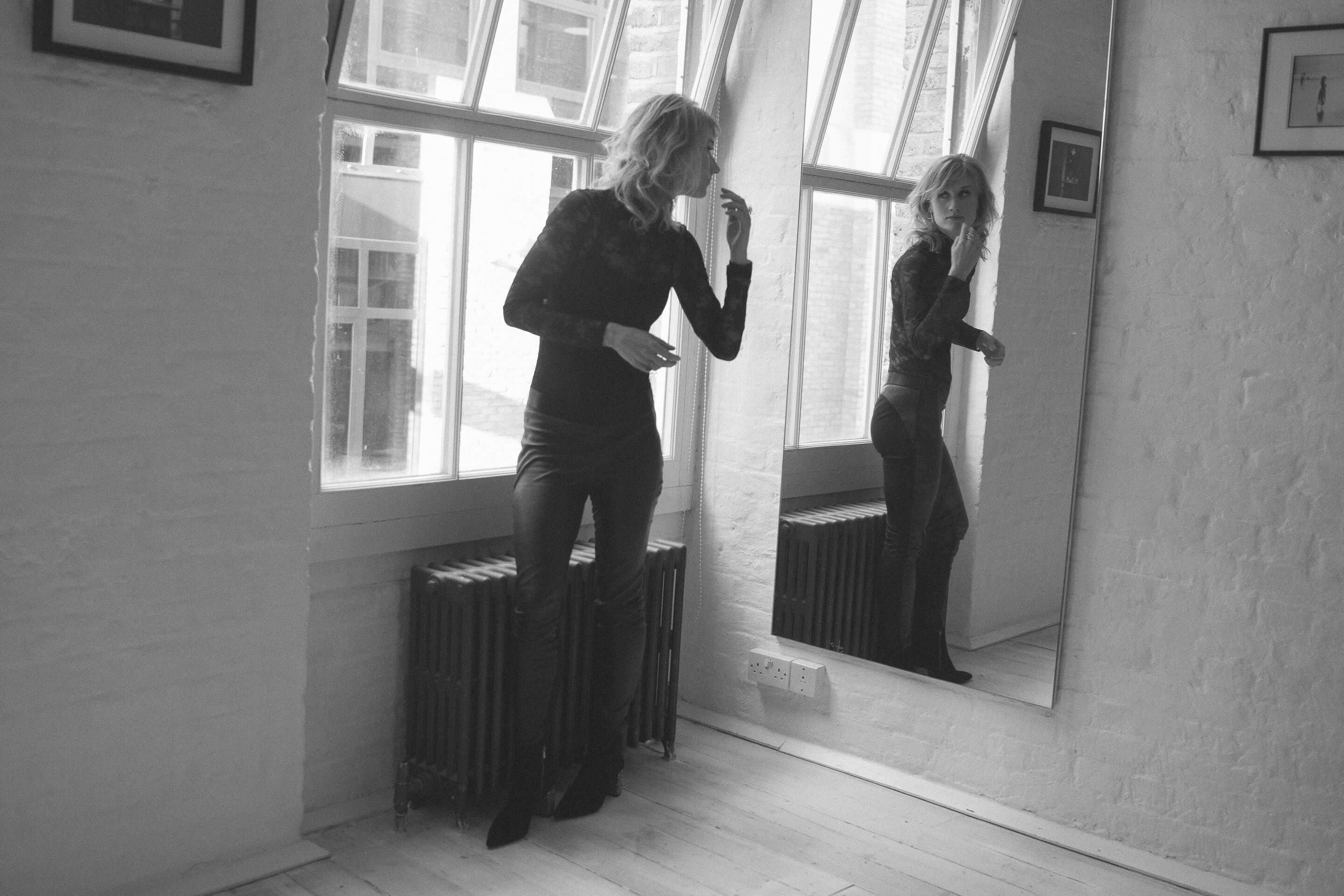
“I think theatre is about sharing something in one moment that you can never recreate ever again.”
How would you describe modern theatre today?
_____
I think it’s at a crisis point, in one way, because we now have such ready access to Netflix and our attention spans, like Instagram and Snapchat, everybody likes “short, short, short” and so theatre is naturally often more of a long form and it needs people to commit to sitting for an evening. That’s traditional theatre, anyway. So, I think what’s exciting is people who can challenge that, but there’s also something really commendable about people who can tell a proper long story: there’s all of this short shop and drama that we really enjoy which is really modern, but I think that this tells something to our hearts which is really ancient, where we like to be told a good story, so if you can write a play that is long and audience stay, that is a real achievement.
But also, theatre-makers and play writers need to remember that it’s not the only form of drama anymore, so if you want people to come, it has to be good and it has to be entertaining. One of the difficulties with being an artist of any kind is that people expect now that you can just do anything, we have a culture where everybody can be a pop star if you believe that you can be one, because that’s what they show on TV, anyone can be an actress, you just need a lucky break…actually, you need talent and you need to work really hard. And I find that people with writing quite often think, “oh yeah, I just do it and share it” and actually, to write something good you have to work and work and work and you’ll do one hundred drafts, because every time you’re changing a word and a tiny little bit here and there and it should take a long time, if you’re asking people to sit and watch. I think I don’t blame people for finding quite of it boring, because sometimes it’s not good enough.
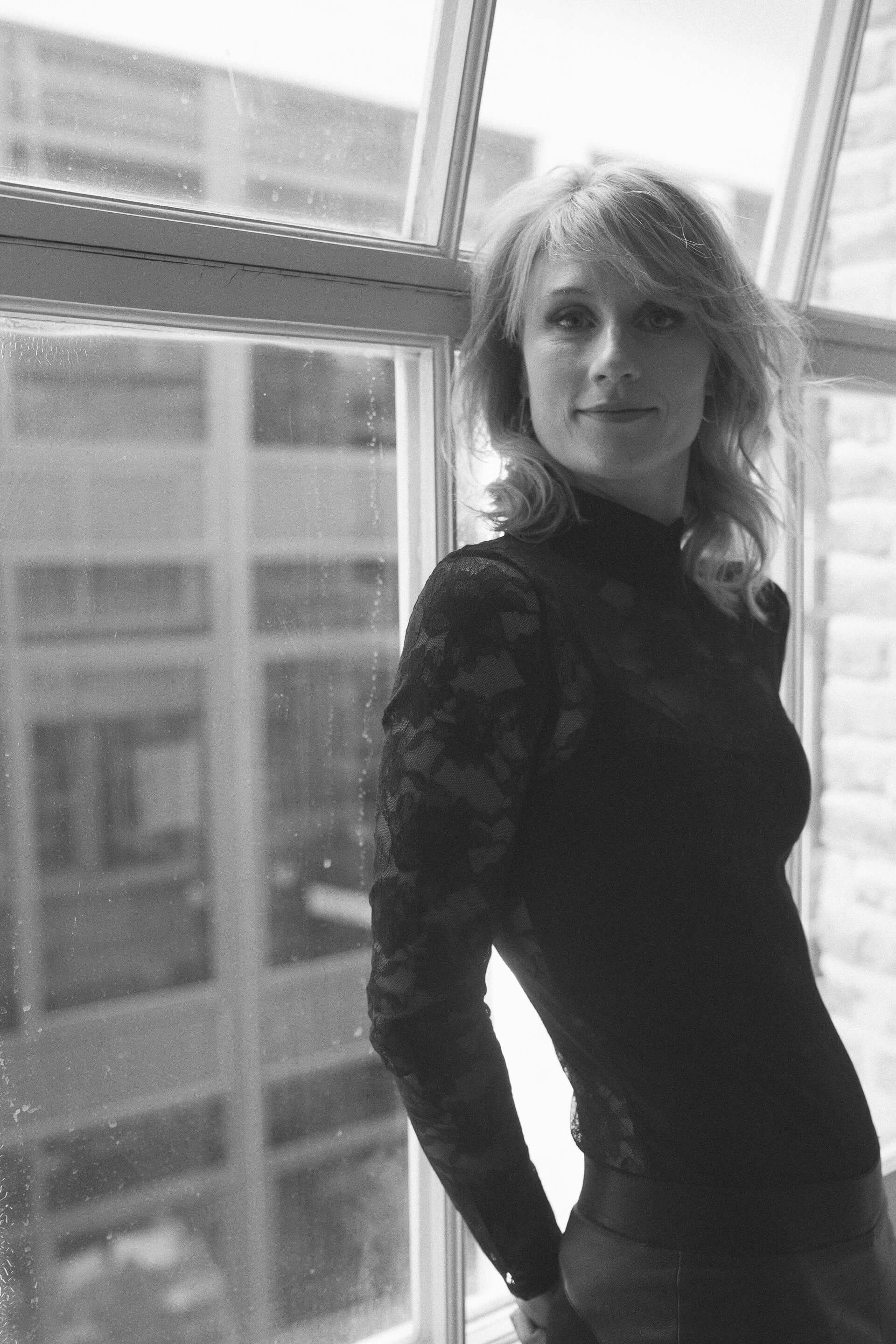
“Theatre-makers and play writers need to remember that it’s not the only form of drama anymore.”
In what way a character comes to shape in your mind?
_____
Oh, good question! It varies a lot. I think I only really get to know a character by writing them in something. I can think of a person, but actually until they start talking you don’t really know them, because you don’t know what they are going to say, and even when I think I know them, when I’m writing quite often, I see them going in a direction that I didn’t expect. And that’s when I know something is a bit magical, because, for me, I don’t want to be able to plan what happens at the end, before I’ve started, because how do I know? And if I can predict that, it would be obvious to the audience. What I love is that, when I’m in the middle of writing a scene, and I think I know what’s happening and then one of the characters does something really surprising and out of the character and it’s funny because a lot of people, when you’re learning about writing, they say “what kind of person is that?” or “that character wouldn’t say that,” but actually people are really unpredictable. All my friends, in real life, do things that are out of character and that’s what makes them interesting and real. So I think that’s when it gets good.
“I think I only really get to know a character by writing them in something.”
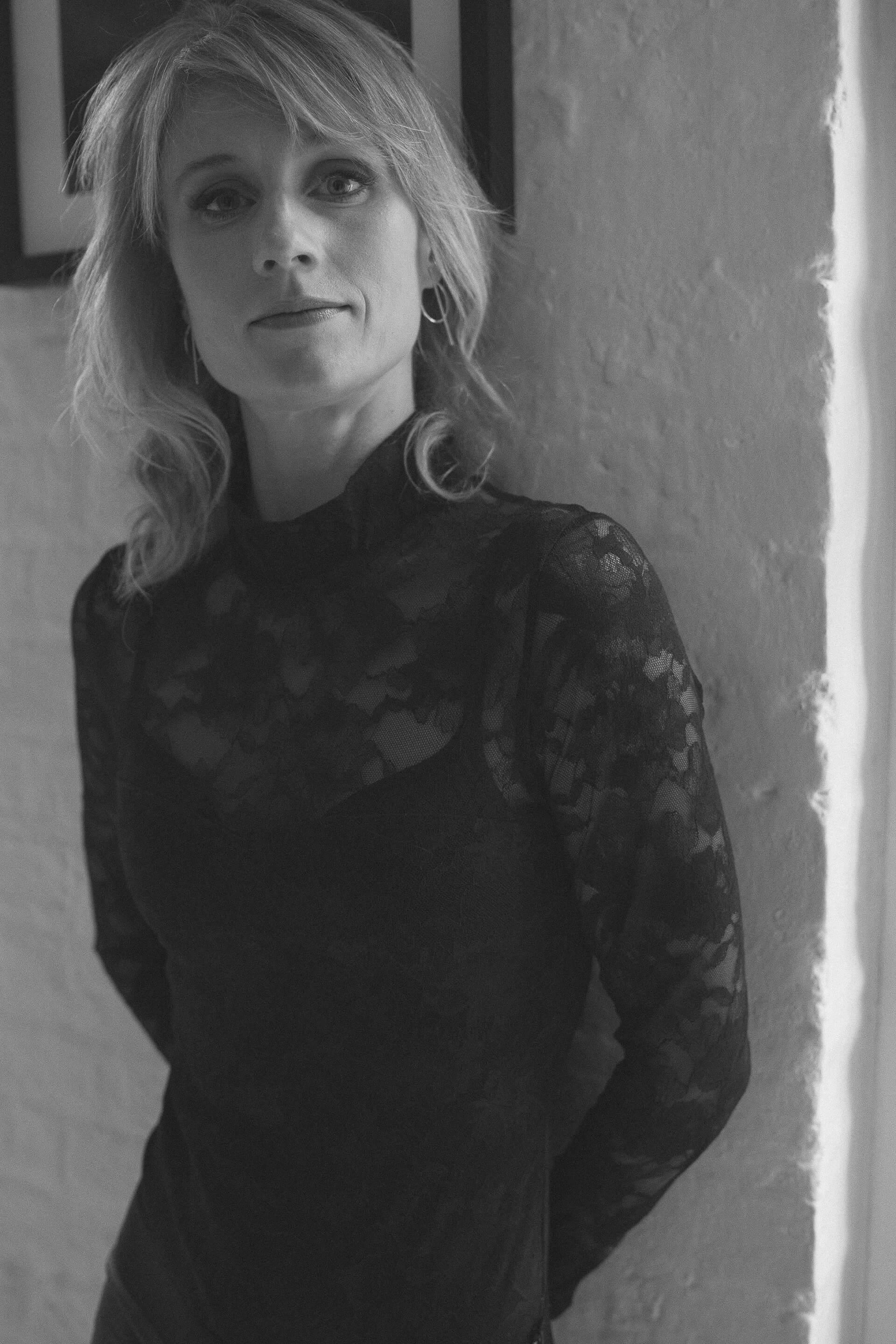
What can you tell us about “Summerland”?
_____
“Summerland” is my favorite piece of work I’ve ever made because I was really fortunate in the way it developed. I was given an award, a Bursary, by BAFTA, to write an original screenplay, but I wasn’t allowed to start something I already had on my sleeve, I had to start with nothing on a piece of paper, and they asked us what themes we wanted to explore, what kind of cinema we wanted to make, and so it came really slowly and now it’s a film.
It’s about magic and imagination and underdogs and hope, and I think it’s about the importance of being open-minded as well; it’s about a woman who lives on her own and is very angry with the world, in the 1940s, and everybody thinks she’s a witch or an artsy, because it’s the war and she’s suspicious because she lives on her own, and women who live on their own and have no husbands are seen as really strange. Then, an evacuee is delivered to her, that she has to look after, and she doesn’t want to look after this child, but he makes her start to question her assumptions, because she is a folklore historian, so her job is to look at myths and legends and disprove them: she will say “in this myth giants exist” or, “in this myth lots of sailors crashed into the rocks because they kept seeing floating islands in the sky” and it’s a particular myth or a legend and she will work out what the science is that explains it: like is it refraction or is it a mirage, like in a desert, or what’s the real science? So she doesn’t believe in magic and she’s spent her life to try and disprove magic and then this boy makes her start to wonder whether she’s wrong. It’s really been lovely to work on it.
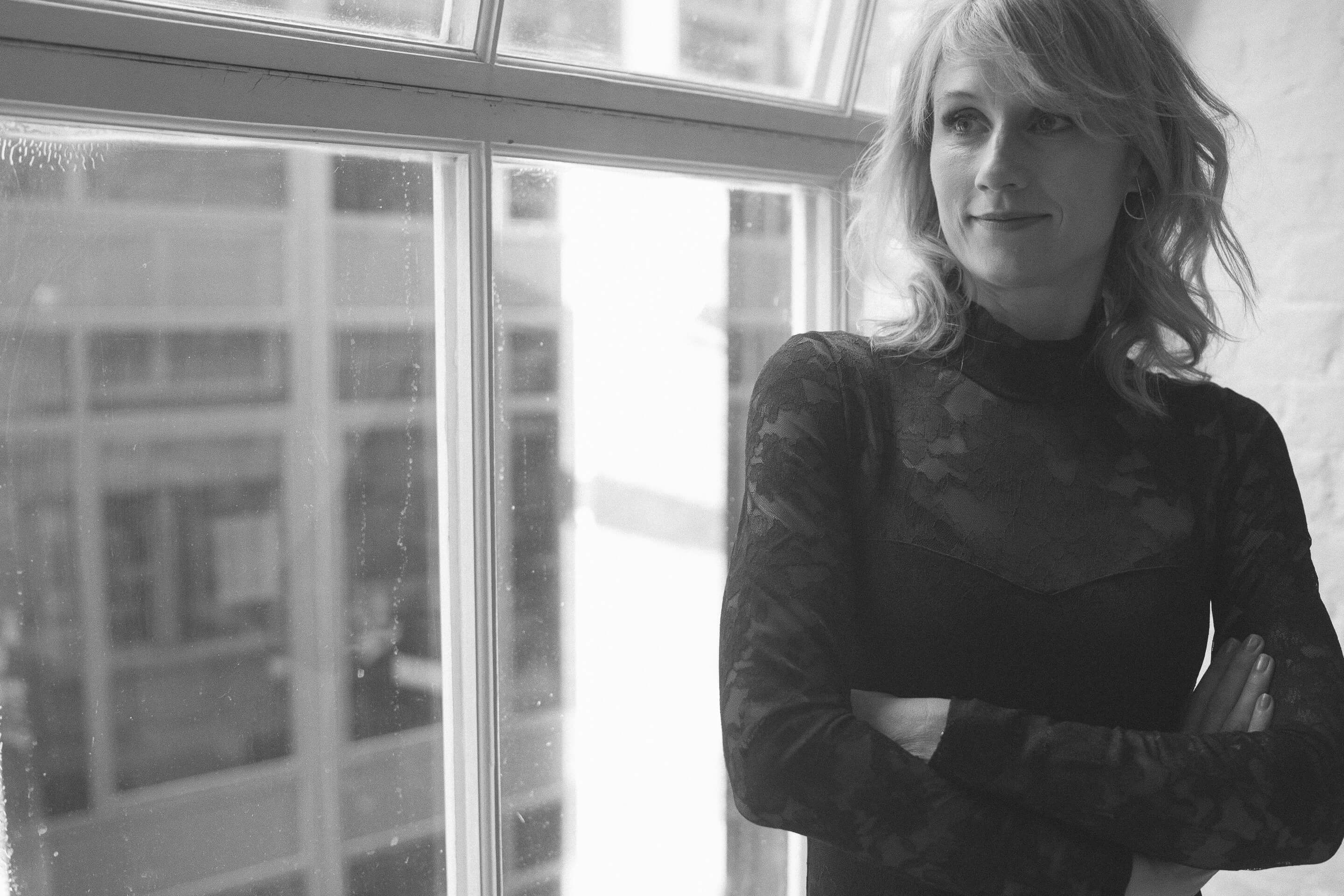
What about adapting your own play, “Nell Gwynn,” into a film? Was there some kind of fear of losing the essence of the play?
_____
I think there’s always a fear with every project, particularly if it’s based on something that you were happy with, so I was really happy with the play and I thought “I might get this really right and it might be better, but what if I make it worse, or what if it doesn’t work on film?” For me, adapting a story is harder than making a story from scratch, because you’re trying to make one medium fit into another, but, actually, because I’ve been working with great people, entitled people who are really experienced in making films, it’s been a really interesting process, with lots of shaping and remodeling. I began by expecting that I’d want to hang on to as much of the play as possible and, as time went on, what I’ve enjoyed the most is throwing the play out and replacing it with meetings and I feel like where we are now, I wish I could now go back to the play and rewrite it because I’ve discovered things about the story which I now prefer in the film version. Also, what’s going on culturally has changed especially since Time’s Up and MeToo: I’m really involved in Time’s Up, so I’ve spent a lot of time over last year talking to actors and actresses about their experiences and what is like being a woman in a man’s world, and that’s profoundly influenced my writing in the film and the story is now more focused on her becoming a liberated actress and it’s a bit more feminist, and I think that that is great. I would really like to go back to the play and make it more about that and less about a love story.
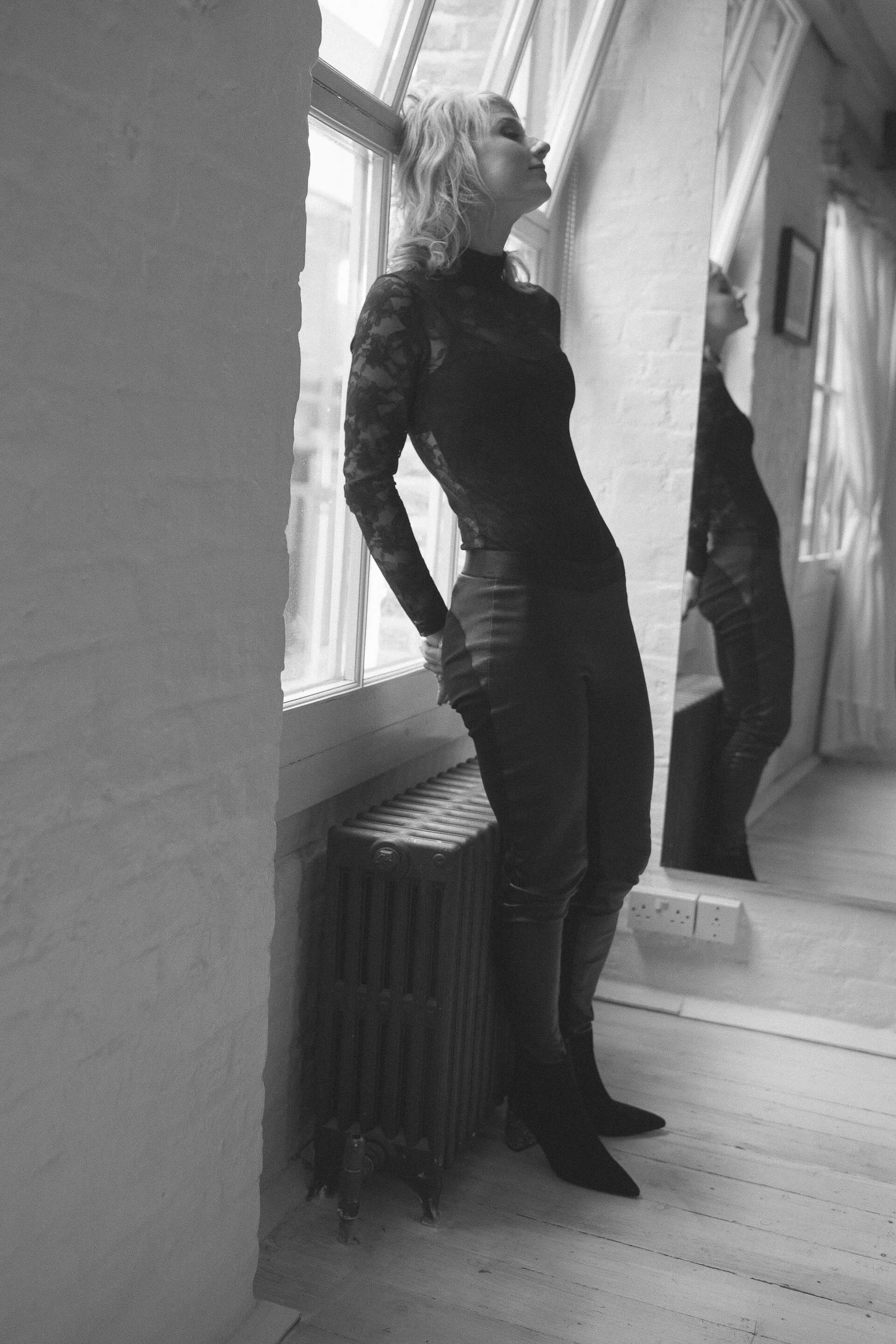
“Adapting a story is harder than making a story from scratch because you’re trying to make one medium fit into another.”
On “Leading Lady Parts,” is it true that you wrote it overnight?
_____
Yes, that is true, but that was partly according to which actresses we had working with us, because it was overwhelming how many people said they wanted to do it, amazing people and we ended up packing to choose one day and we used just the people that were available on that day and then I rewrote bits according to who was available.
Was it just something that was on the verge of being spilled out and that only needed a final push for you and that you had it in mind for a long time?
_____
No, I never thought of it before, but the experience of women in that film is something that I’m really familiar with because most of my friends are actresses and they’ve all been on the end of that kind of behavior. And I’ve seen it as well, being in the room, and I know from colleagues of mine how unfortunate that process can be, if you’re trying to produce films and theatre and trying to get parts for women that are interesting ones, and I’ve found that that has sometimes been my experience as a writer, that people have asked me to rewrite something to make it more conventionally kind of palatable. And, when you want a woman to be more of a rebel and people are worried about how likable she would be, for example, you just think “why are you asking me that? You wouldn’t ask me that question if I were writing about a guy.”
A man in a film can be the hero and be a bad guy, but it’s really hard for a woman to be the bad woman and for people to like her. It shouldn’t be, and I don’t think it is, but when people are spending a lot of money putting a film together, that’s something that they worry about.
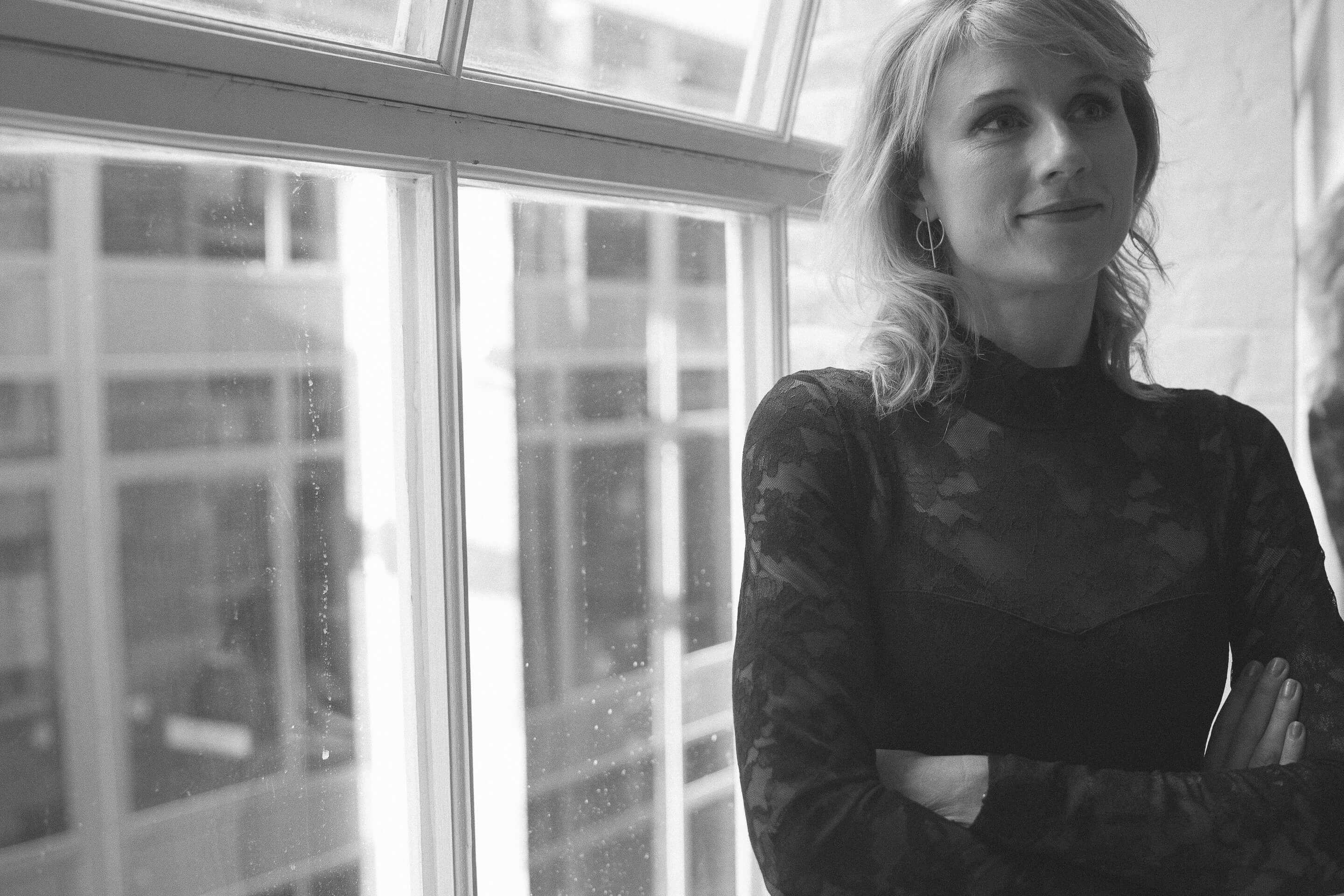
“A man in a film can be the hero and be a bad guy, but it’s really hard for a woman to be the bad woman and for people to like her.”
Have you seen something in TV series or movies, lately, that for you represent that kind of woman who’s a rebel and at the same time, like you said, the hero and the bad woman?
_____
Oh, good question! I think there are many more interesting floored women at the heart of stories, now, so, for example, Saoirse Ronan’s character in “Brooklyn” has more quandaries, but we’re still rooting for her. I think it’s much more difficult when you cast someone as a disagreeable character, so, for example, Frances McDormand in “Three Billboards Outside Ebbing, Missouri” is an amazing lead part and that is so unusual, because she is really cruel sometimes in that film and she says some really mean things, but she’s such a force of nature that she can get away with it, but I do think, if that film was written for a 25-year-old woman, it wouldn’t get made, because there’s something about when you’re old…we’re quite familiar with the idea of a woman as a sort of older angry or bitter or which; if you’re sort of 50 upwards, there’s a lot of stories about the difficult grand moral, you know, films like “Saving Mr. Banks,” which is about P. L. Travers, the woman who made Mary Poppins, and there are lots of examples of women 50 upwards who are funny because they’re mean.
But in “Summerland,” for example, Gemma Arterton’s character is only 30 and she is not nice to this kid, and we had to really push that with lots of people to say it’s okay for her not to always be likable, because she shouldn’t be, because she’s an interesting character and I think that if she were a male part, people wouldn’t worry about that at all, but we have an expectation that a young woman in a film should be beautiful and nice, or damaged and vulnerable, or angry and sexy, but you couldn’t be angry and vulnerable and not look sexy and be the lead, until now.
“But in ‘Summerland,’ for example, Gemma Arterton’s character is only 30 and she is not nice to this kid, and we had to really push that with lots of people to say it’s okay for her not to always be likable…”
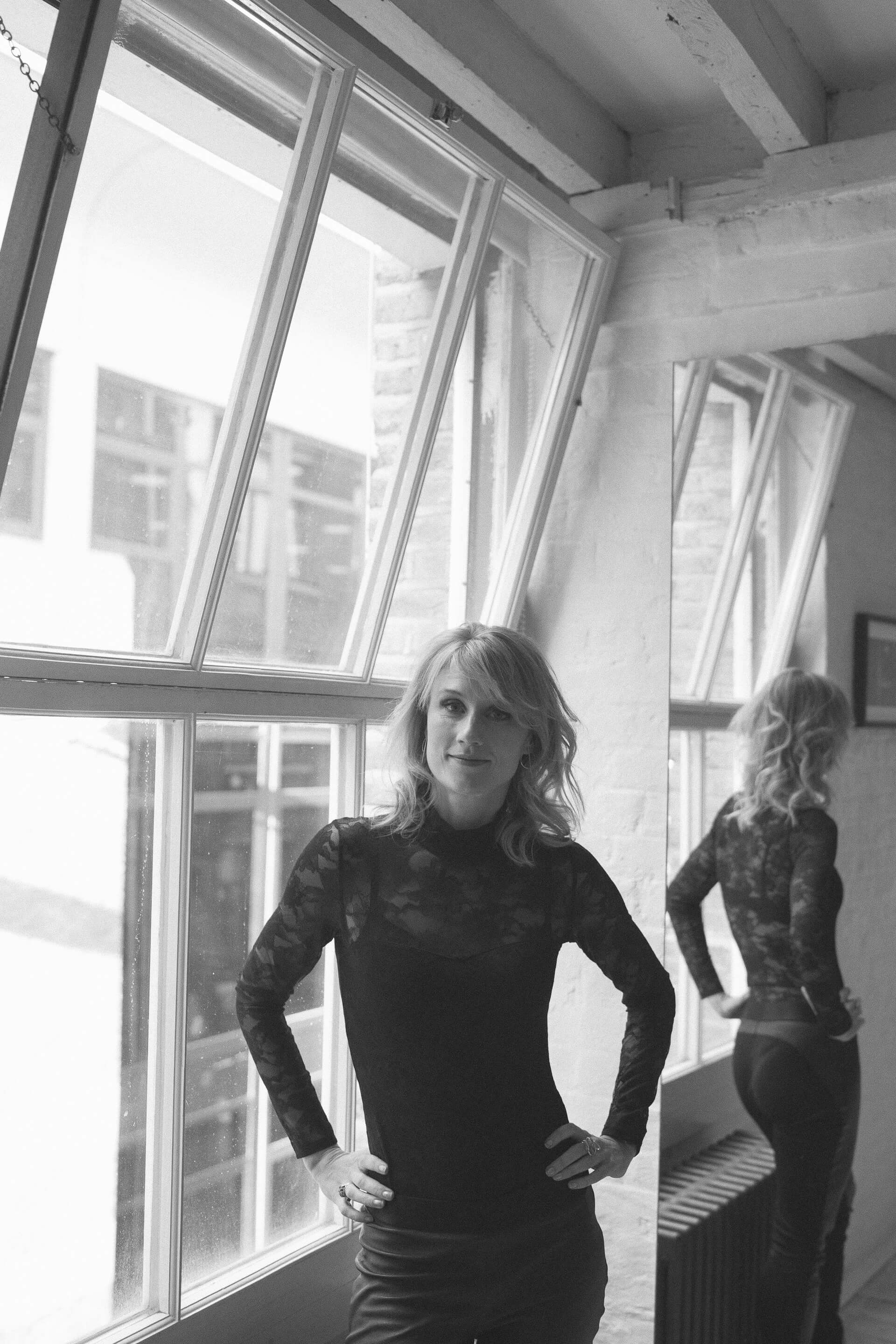
Did everyone that collaborated in the short film, “Leading Lady Parts,” jump on board right away and was there a moment of sharing personal experiences?
_____
Everybody jumped on board straight away. It was amazing, we sent the script to lots of actresses and they all said yes, because everybody thinks this message is so important, and we’ve been waiting to say this for such a long time. But what is interesting is that on the weekend when we filmed in the green room, when everybody sat talking about their real experiences, everybody’s experience absolutely neared what had happened in that film, and nothing was exaggerated.
And what was actually interesting in the process is that I had originally offered Wunmi Mosaku, who plays the girl who gets mistaken for the coffee girl, the part where Catherine Tate says “can you be a little more white?” and Wunmi said “I really love this film, I really want to do it, but I’ll be really honest with you, I wouldn’t even get in the room, because the color of my skin means that I would just not be ever considered to be the lead in a conventional movie,” and I found that so sad and so shocking I said “what would your experience be?” and she said “the only way I’d get to play the lead is if it was in a very specific black movie, at the moment” and I said “do the film, but why don’t I write you a part that says that?” That’s the message that we should be giving, because I’d naively not really appreciate it until recently that, within racism in film and within the question and the problems of diversity, there’s a huge difference in perception between somebody with a light-colored skin who’s mixed-race, for example, and somebody with much darker skin. And there’s been a lot in the media recently about how Rihanna released a range of makeup, but somebody with much darker skin would not necessarily ever have got a position to be able to do that, and a lot of the most famous women, like black women in the pop industry, have a form of lighter skin, so it’s a really complicated issue and I was really glad that Wunmi pointed that out, because we could include a reference to that in the film, and what’s good about Time’s Up is that it makes us hope that we can make a lot more films which explore all of those different areas.
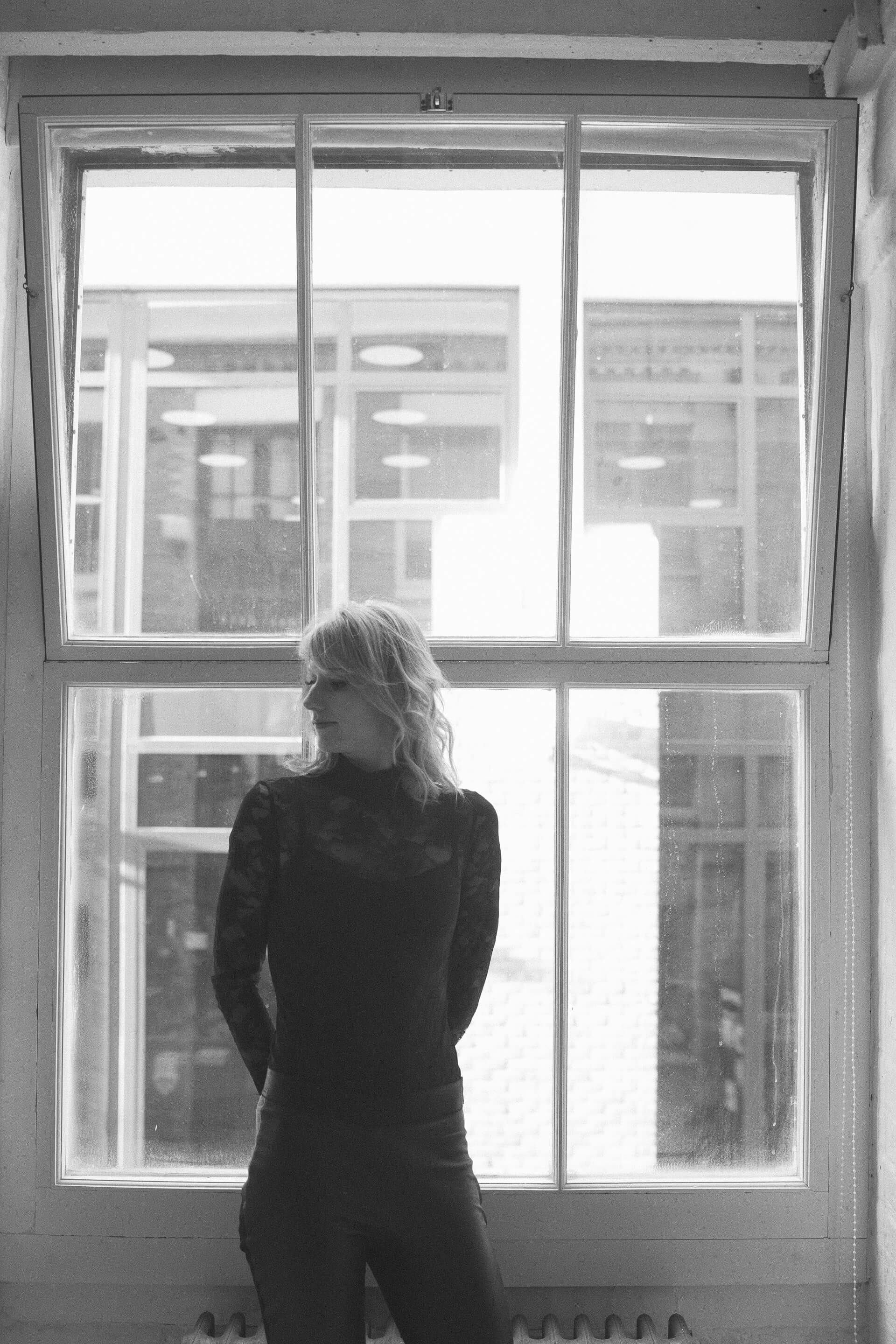
“…what is interesting is that on the weekend when we filmed in the green room, when everybody sat talking about their real experiences, everybody’s experience absolutely neared what had happened in that film, and nothing was exaggerated.”
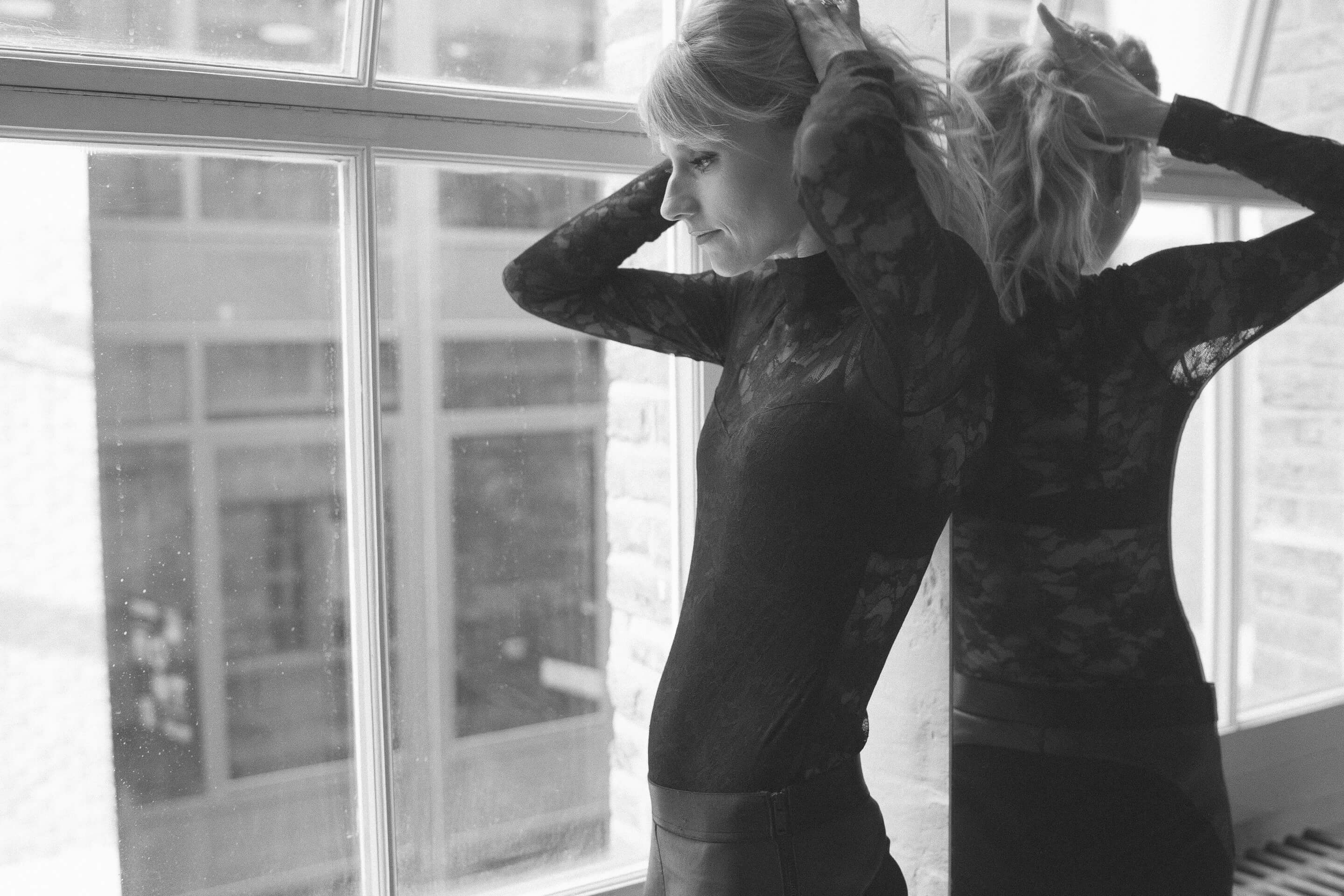
Now that you’ve made your own first feature, have you personally encountered the same difficulty gender-related or have you witnessed a change?
_____
I think things are changing. Over the course of my career I’ve really regularly witnessed forms of either discrimination or assumptions about what I might be capable of or what sort of work people think I might want to do, and I think that it’s partly older people, but one of the problems is that women are brought up not to be so bold and also not to celebrate and tell other people about our achievements and our capabilities, so in an interview I think you might often find a man who’d say “yes, of course, I can do this job,” and a woman who might be much more hesitant and feel like she was showing off, because being capable and being likable are inversely correlated for women and not for men.
There’s been lots of studies that have shown that, so I think part of it is about I’ve learnt for myself that I have to have more confidence to say “this is the film I want to make and I know I can make it and I need you to trust me and I will deliver it,” and I think a few years ago I would have struggled to say that without some sort of apology attached.
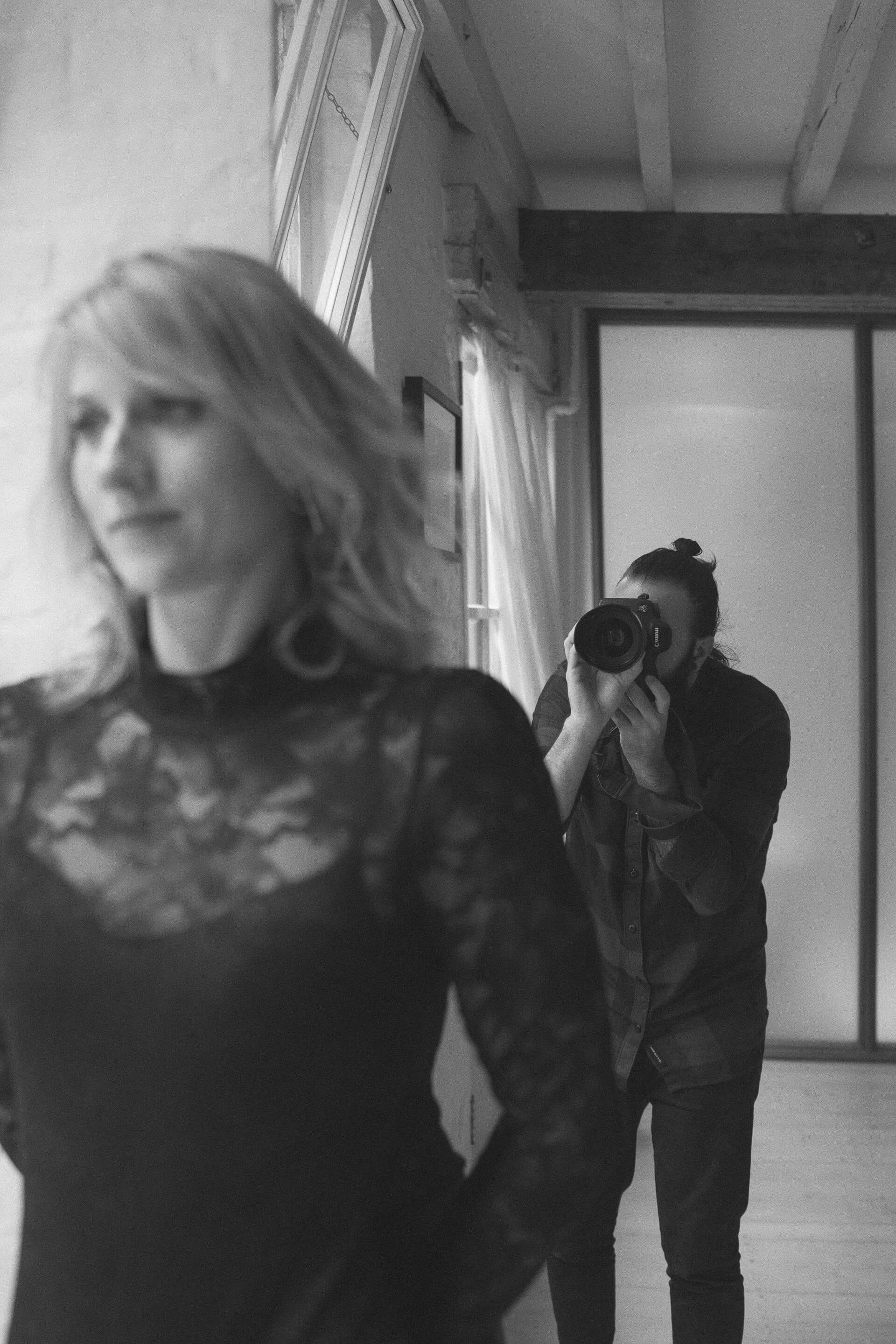
A curiosity: what’s the book on your nightstand?
_____
I’ve just finished Tara Westover’s book “Educated,” which is about growing up as a woman and how her education saved her, which is completely fascinating, but I’m also now reading a book that I’ve had on my shelf for ages “The Child in Time” by Ian McEwan, which is one of my favorite writers. I’m also about to start reading a book called “The Happiness Hypothesis” which is an interesting book all about positivity.
What’s your favorite font?
_____
Font? I would love to write on a typewriter.
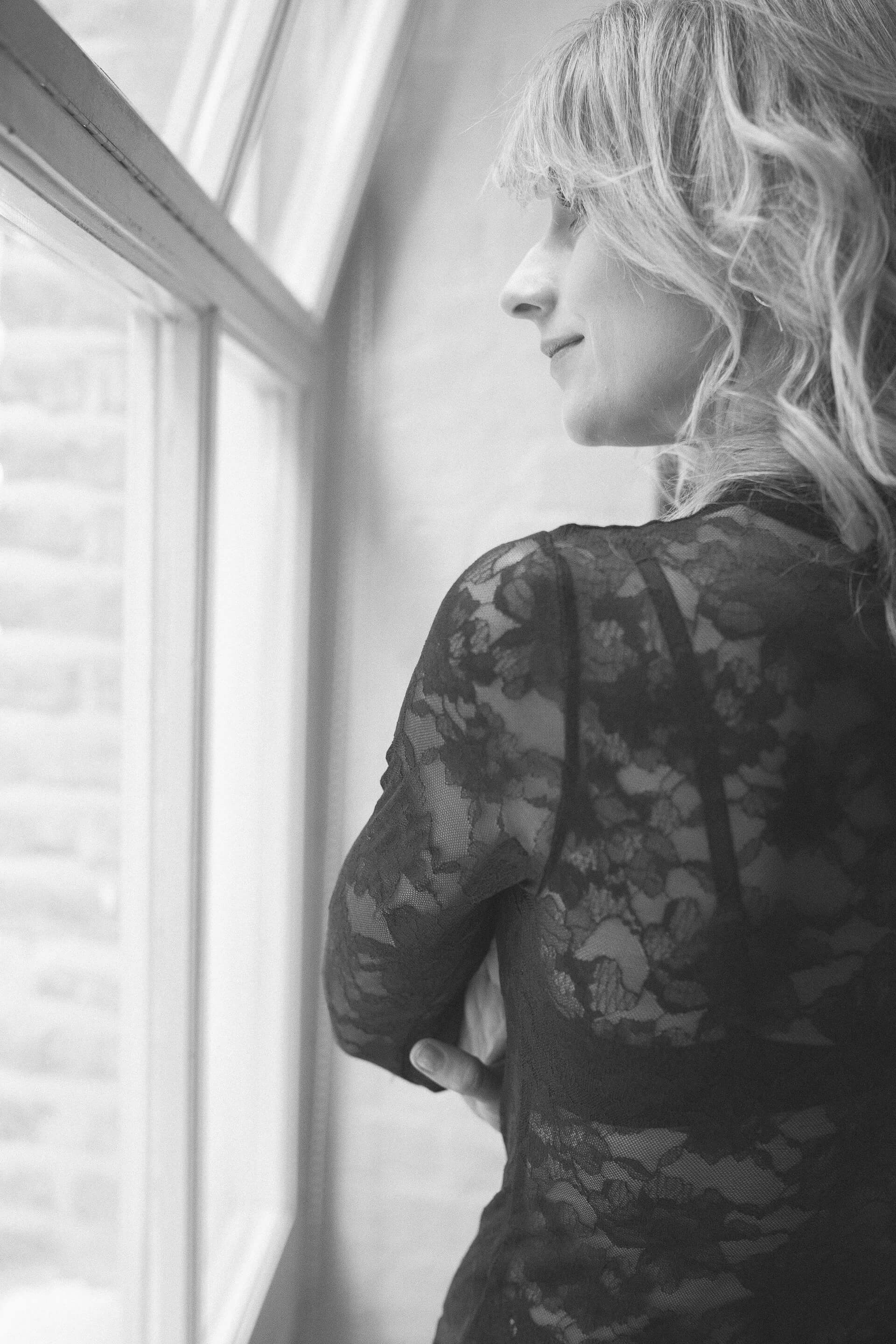
A cool play that everyone, according to you, should watch?
_____
My play of the year is called “The Jungle” and it’s about the refugees in Calais. It’s an incredible achievement and a call to arms for everybody to do something more to help and become more aware of what’s going on and it also deals with the idea of white people or British people going to help the poor refugees and come in like their saviors and feel like they are somehow giving the gift of themselves and being superior. I’ve worked quite often with an NGO where we go and do community theatre in Bosnia, in Herzegovina, and in other war-torn countries and one of the difficult questions for us is always about the political complexity of a bunch of westerner privileged people turning up to try and help by what that means, and making sure that you are trying to help people in a sustainable way that allows them to develop new arts rather than relying on the outside or feel like, in any way, we are sent from Heaven as great people who are doing something fantastic for charity, that’s not what it is. So, “The Jungle” explores that really articulately, which I think is brilliant, and the actors are fantastic.
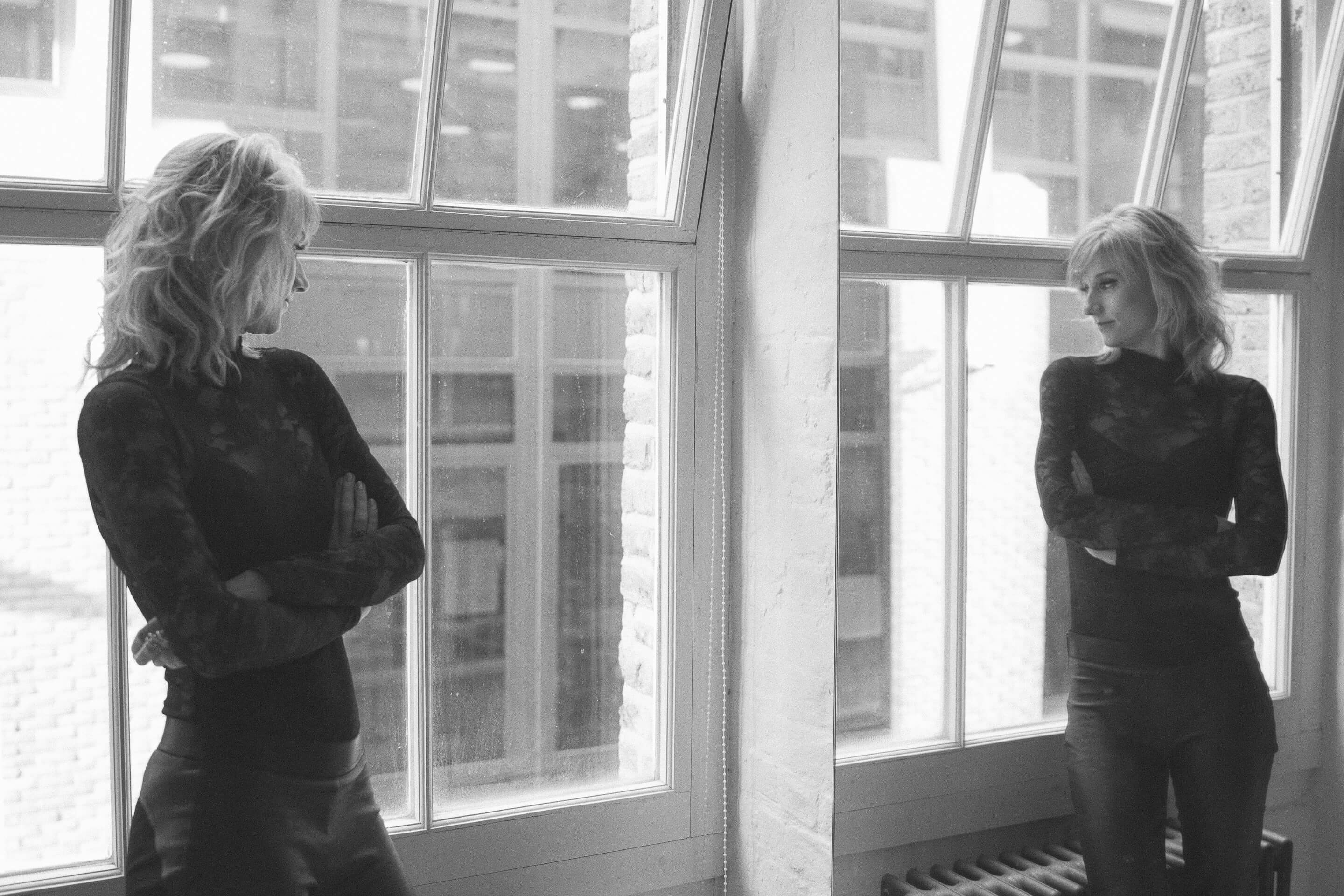
What’s your happy place?
_____
I have three: one is on a yoga mat, anywhere; two is Brockwell Park, where I spend a lot of time with my boyfriend, whatever the weather is, we like to watch the way the park changes through the year; the third is my friend’s house near Florence because it’s so peaceful and beautiful and it’s my favorite place and there’s no phone reception, so you can really escape. I love Italy, I’ve been really lucky to work there for a little bit and I’d do anything to go back there as regularly as possible, it’s one of the places in the world with the richest heritage and the most interesting and kindest people and the best food.

